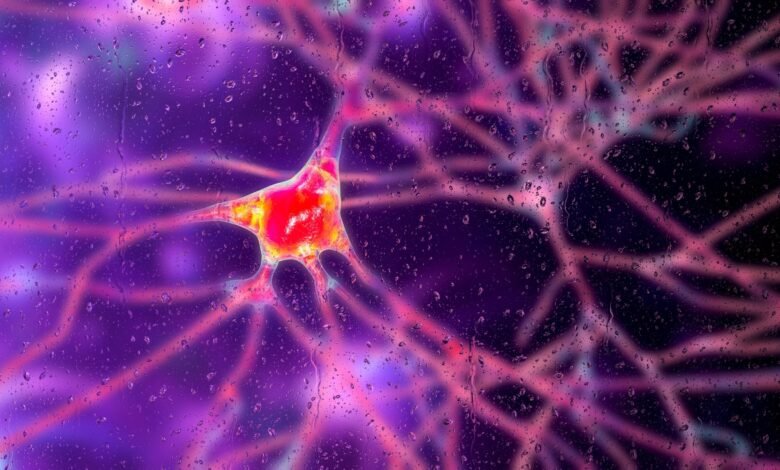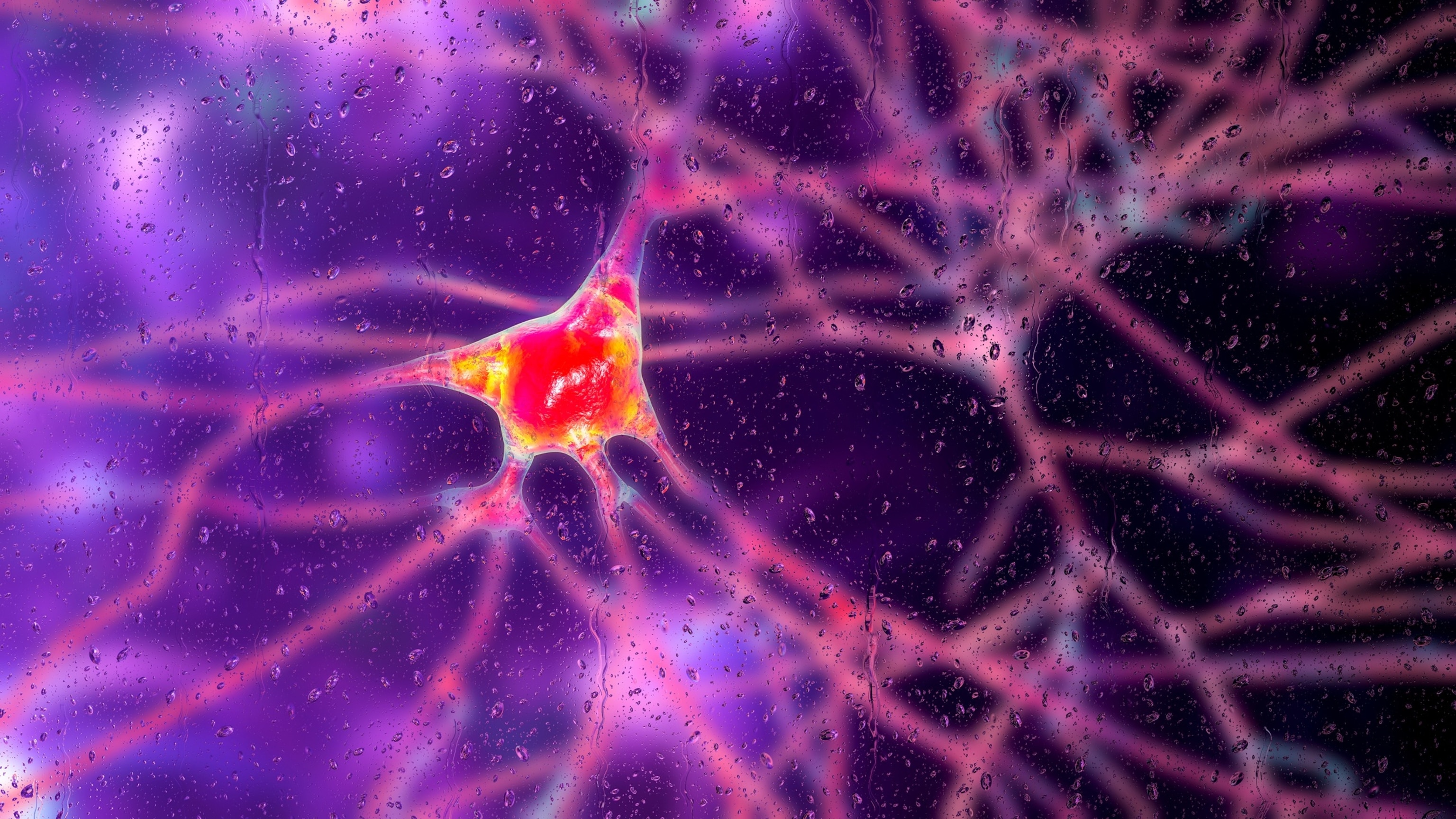Preliminary but promising gene therapy shows a 75% reduction in the progression of Huntington’s disease

A unique gene therapy treatment has shown remarkable success by slowing down the progression of Huntington’s disease in a preliminary essay, according to a press release from University College London (UCL).
Experimental treatment, called AMT-130, reduced the progression of the disease by 75% for three years in patients who received a high dose, compared to those of standard care, according to researchers. While these first results are promising, they are preliminary and the treatment could still far from the possible approval of the FDA, with the earliest application expected in 2026.
“This result changes everything,” said Professor Ed Wild in the press release. “One of my patients who had to retire due to the disease has even been able to return to work.”

Science photo library through Getty Images
Huntington’s disease affects about 100,000 Americans and occurs when a defective gene makes toxic proteins damage brain cells. The children of the affected parents have a 50% chance to inherit the condition, according to the press release. The disease usually appears in the Middle Ages of the Middle Ages, causing problems with movement, memory and mood, and generally progresses for 15-20 years.
The new therapy works by using a harmless virus to offer special genetic instructions to the brain, researchers said. These instructions help deactivate the harmful protein that damages brain cells. Unlike current treatments that only handle symptoms, AMT-130 is designed to be a unique treatment that lasts a lifetime.
“I am delighted that this study has shown statistically significant effects on the progression of the disease,” said Professor Sarah Tabrizi, the main scientific advisor for the UCL trial, in the announcement. He added that the treatment could help patients “preserve daily function and keep them working longer.”
The study included 29 patients, and 12 received a high dose of the medication for three years. Scientists measured the success of treatment through brain scan and testing spinal fluid to obtain signs of cerebral cells, which showed a significant improvement.
While the results are encouraging, experts warn that larger studies are needed. The treatment requires complex brain surgery to administer the therapy directly to the affected areas. Despite this challenge, the researchers reported that patients tolerated the procedure with manageable side effects well.
If approved, AMT-130 would become the first treatment to slow Huntington’s disease instead of just treating its symptoms. However, the path to the approval of the FDA generally takes several years of additional tests and reviews to guarantee safety and effectiveness.
The findings have not yet been published in a medical magazine and have not yet been examined by other medical experts, but will be presented at an important medical conference next month.





